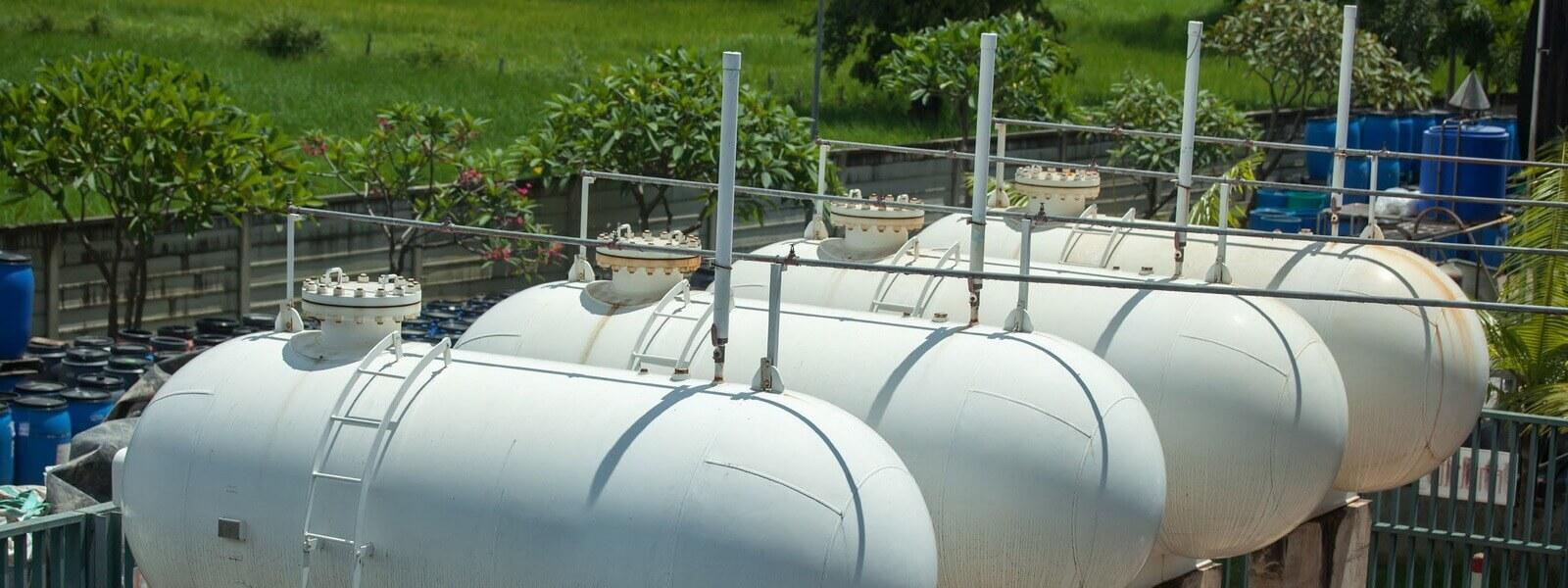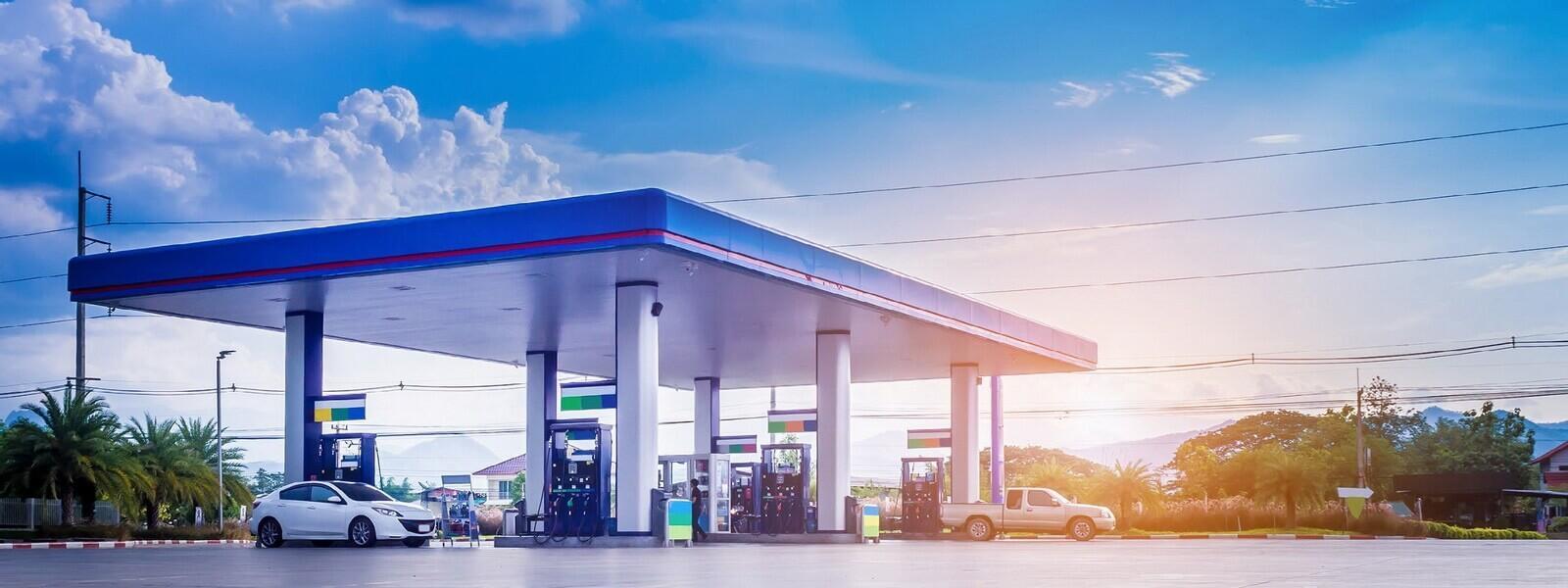Climate change constitutes a problem of unprecedented scope, complexity and importance for humanity in general and for the policy community in particular. Achieving a global consensus on how and when to act while balancing competing environmental, social, political and economic imperatives is a challenge but it is a challenge that must be met.
As citizens and as representatives of a clean and low carbon gaseous fuel, the European LPG industry strongly supports the emergence of an ambitious EU climate strategy and is committed to optimising LPG’s role in the transition towards a more climate friendly energy model. Combining an established market presence with C02 emission advantages over more carbon intensive alternatives such as coal, oil and conventionally generated electricity, LPG can and should be part of the solution.
LPG’s climate credentials are significantly enhanced by the emerging evidence regarding the role of black carbon in global warming. Due to the clean combustion typically associated with gaseous fuels, LPG generates extremely low levels of black carbon, making it an ideal component of any global warming reduction strategy. Moreover, its portability makes it an ideal auxiliary fuel for systems based on renewable energy such as solar thermal, particularly in areas beyond the reach of the natural gas network.
Finally, as Europe’s leading alternative transport fuel, LPG is helping to tackle the particularly persistent challenge of reducing C02 and black carbon emissions in the European road transport sector.
Liquid Gas Europe’s Key Messages for Policy-Makers on Climate Change:
- Gaseous fuels such as LPG and natural gas can and should make a significant contribution to the EU’s climate change mitigation strategy. This potential, which is evident in the heating, transport and power generation sectors, should be evaluated and exploited to optimal effect.
- There is more to the climate change challenge than just C02. Other key emissions including methane and black carbon, whose significance appears to have been greatly underestimated thus far, must be integrated into a coherent policy framework.
- Ambitious EU-level action on climate change will be infinitely more effective if it occurs as part of a wider global movement, particularly on the part of other major economies. Ultimately, establishing a working consensus with key partners on this point, ideally under an umbrella of European leadership, must be the top priority over the coming months and years.










